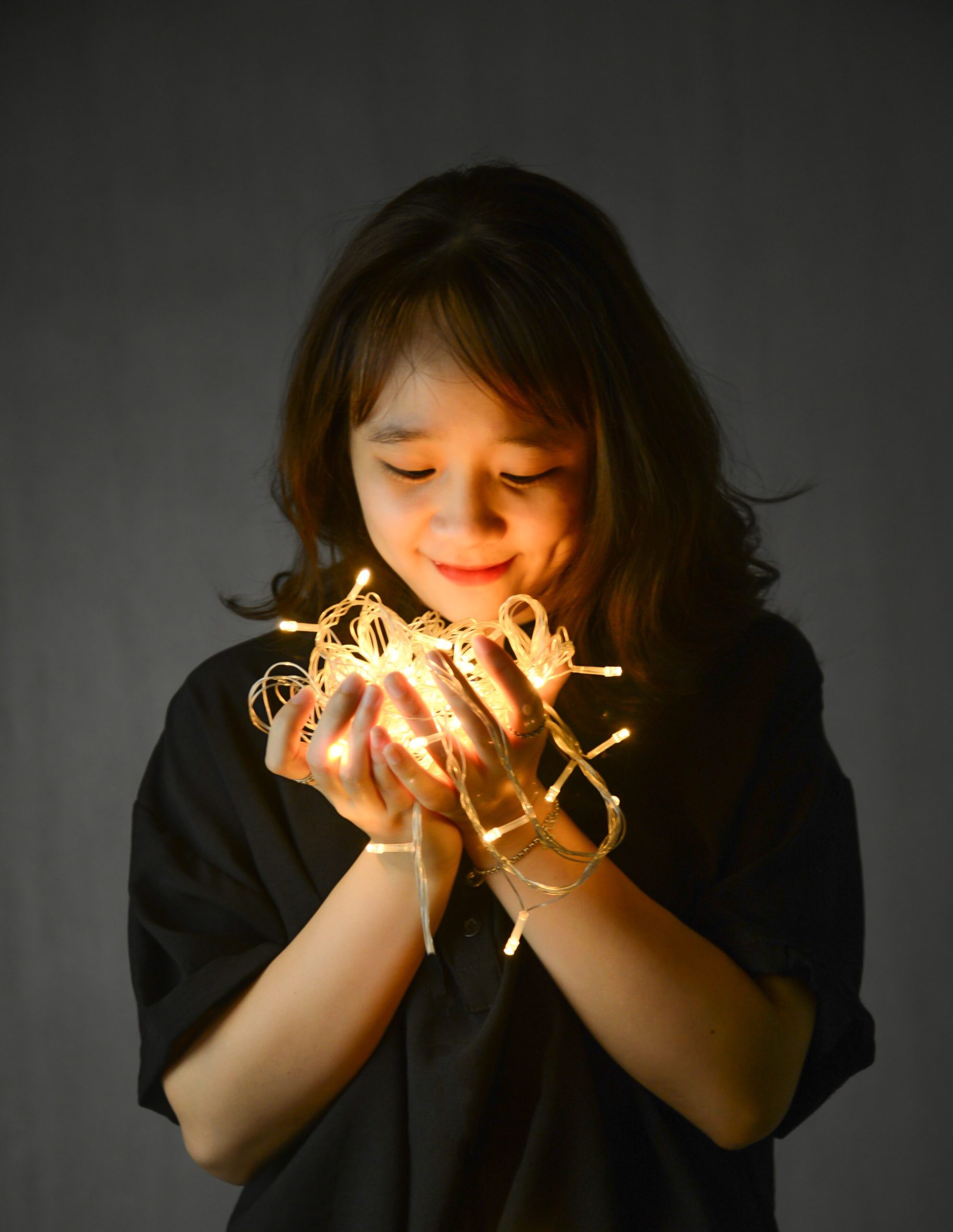Yesterday I introduced “The Model” which is a simple, yet powerful tool that can help you get to the root cause of any problem in your life. As a reminder, the model consists of 5 parts: C, T, F, A, R or Circumstances, Thoughts, Feelings, Actions, and Results. Today I want to focus on the T in the model. It is our thoughts that determine everything else in the model and thus every result in our life.
It is estimated that the average person has 6,000 thoughts per day. These thoughts are just sentences or phrases that enter our mind. Just like a fish is unaware of the water in which they swim, we are mostly unaware of the thoughts that we have. We are even less aware of the power these thoughts have over lives.
We create our world with our thoughts, so we better start becoming more aware of them if we want our world to change.
If there is a problem you want to solve in your life, the place to look is your thoughts. Most of the problems that we have do not come from the outside world, but rather they come from within us and start with our thinking.
Let’s say you find yourself in a situation feeling frustrated with your child. You ask them to do something and they ignore you. You may have had this same experience with this child several times in the past. You have a thought about that child such as “he is difficult”. When you think that thought you feel frustrated. Out of frustration you may raise your voice, your tone may change, you may threaten or criticize your child. You are less likely to stay calm or create and follow clear boundaries. In essence, you become difficult as a parent in how you show up with your child.
The only reason this result happened is NOT because the child didn’t do what you asked, but because you had the thought that “he is difficult”. A different thought would create a very different result. Our results are a manifestation of our thinking.
Some thoughts we allow to float pass. Others we attach to. We grab onto them with magnetic force. We focus on them more than others. We believe them. We think they are true.
But they are only true because we choose to believe them. The opposite thought could be just as true.
Whether we believe a thought or not only matters when you see the downstream effect of that thought.
Is the thought serving you or is it not? What emotion does it create? What actions do you take from that emotion? What result does that create?
If the answer is one you want to change, then the place to start is to find the thought.





